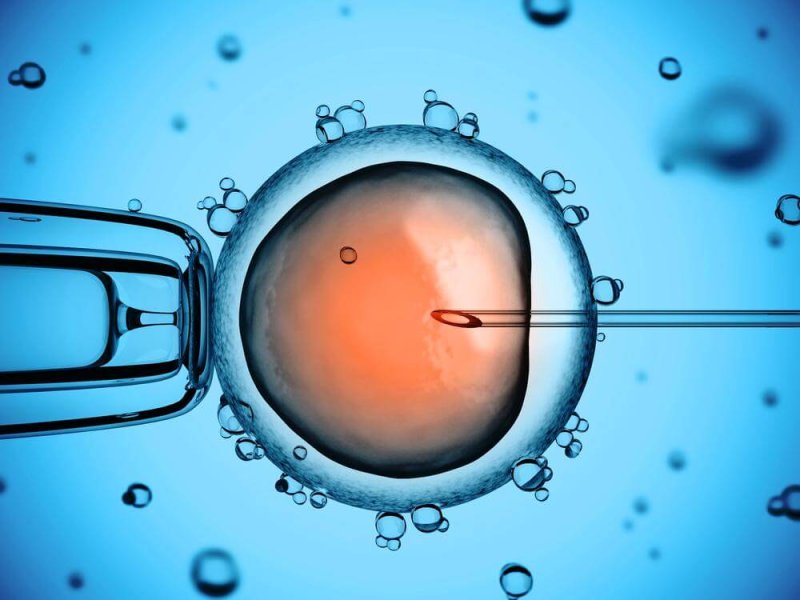The GLP aggregated and excerpted this blog/article to reflect the diversity of news, opinion and analysis.
At the Karolinska Institute in Stockholm, Fredrik Lanner is preparing to edit genes in human embryos. It’s the kind of research that sparked an international frenzy in April last year, when a Chinese team revealed that it had done the world’s first such experiments.
But Lanner doesn’t expect his work, which will explore early human development, to cause such a fuss. A year of discussion about the ethics of embryo-editing research, and perhaps simply the passage of time, seems to have blunted its controversial edge — although such work remains subject to the same ethical anxieties that surround other reproductive-biology experiments. “At least in the scientific community, I sense more support for basic-research applications,” says Lanner, who gained approval for his experiments last June.
His instinct seems to be borne out by the fairly muted reaction to a 6 April report2 of an experiment to edit human embryos — only the second to be published. A team led by Yong Fan at Guangzhou Medical University in China used the gene-editing technology CRISPR–Cas9 to try to introduce a mutation that makes humans resistant to HIV infection.
“I don’t think there is anything wrong with what these scientists have done,” says Sarah Chan, a bioethicist at the University of Edinburgh, UK. “This work isn’t seeking to do what is still ethically in question. It’s not seeking to create genetically modified human beings.”
Read full, original post: Gene-editing research in human embryos gains momentum































